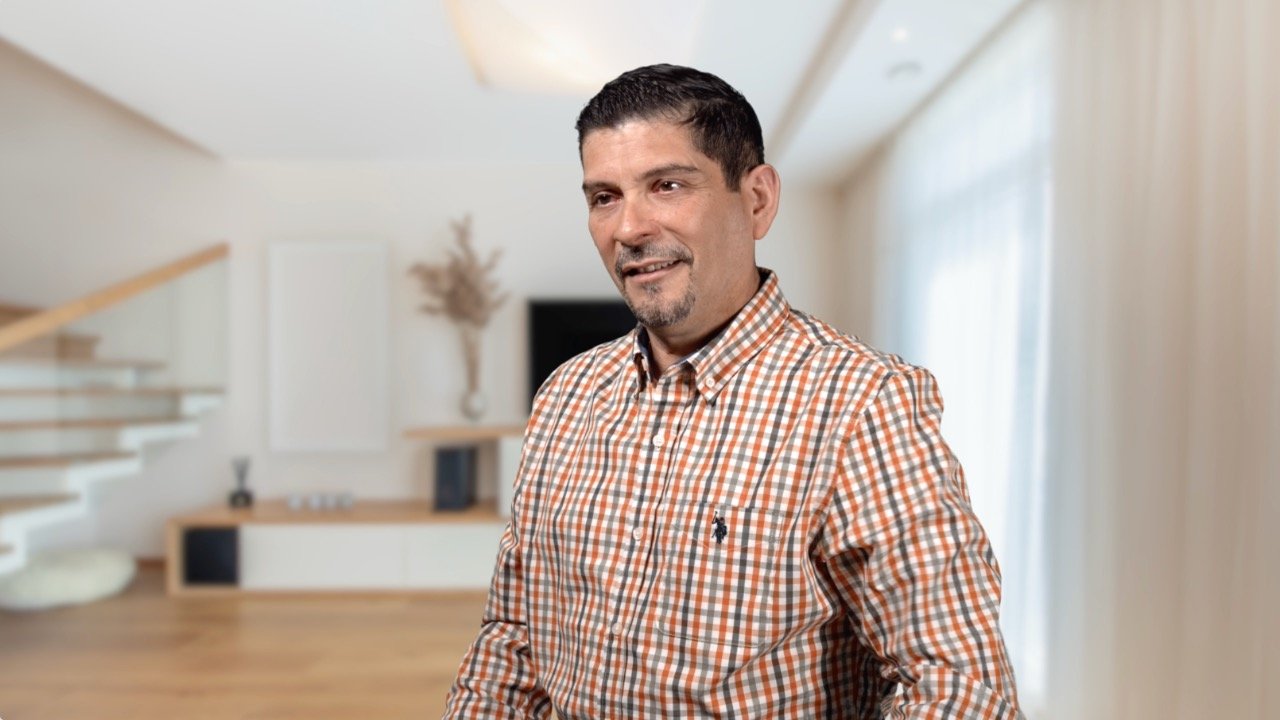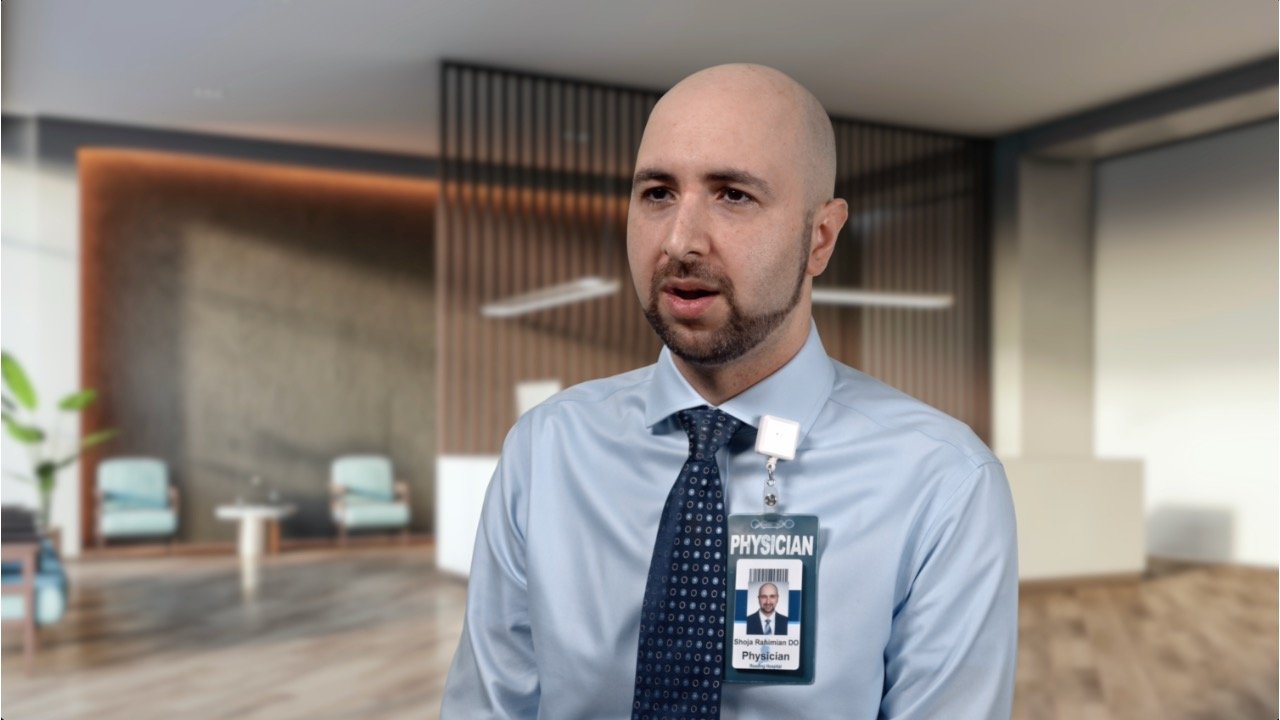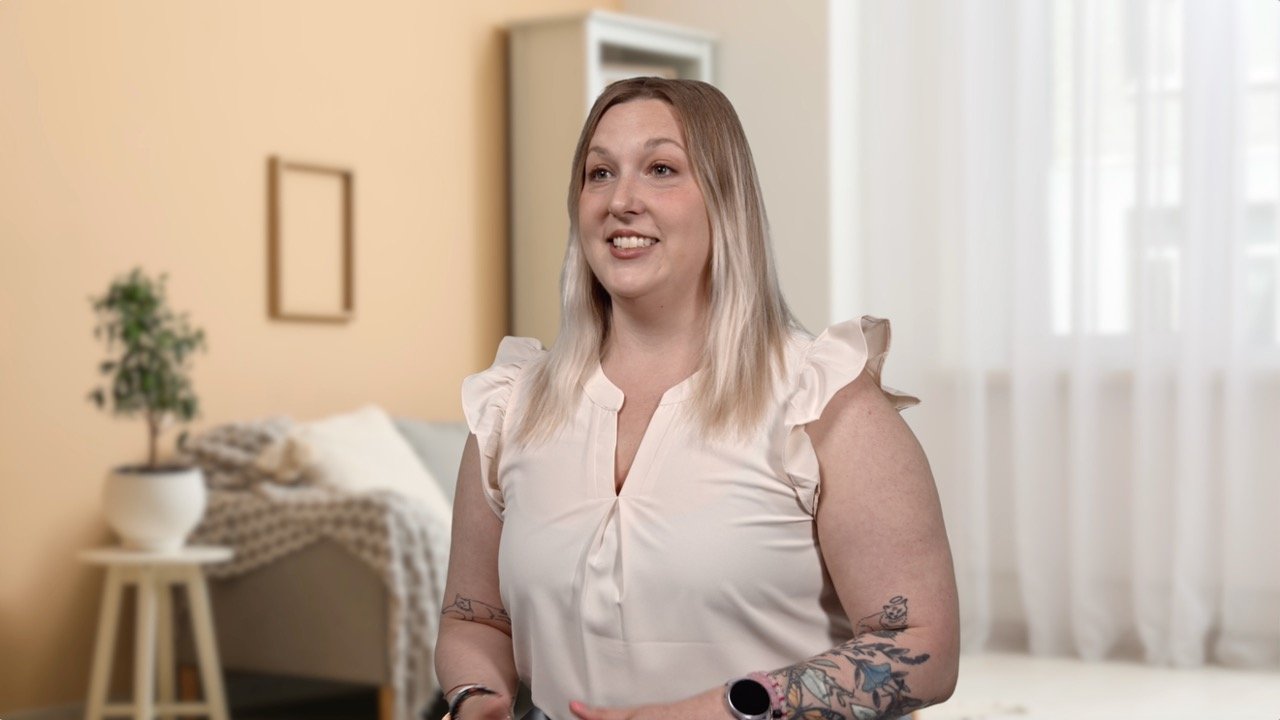
How Infusion Nurse Irene Paige Finds Hope and Purpose in the Fight
When Irene Paige walks into the Reading Hospital Infusion Center at McGlinn Cancer Institute, she brings calm.
She brings knowledge. She brings hope. She brings the memory of her mother.
And just as importantly, the infusion nurse brings herself: fully present, compassionate, and ready to walk beside someone in what might be the most frightening season of their life.
"Dear Cancer: You can weaken the human body, but you can never weaken the human spirit," Irene says. It’s a personal belief, and it’s a truth she’s seen play out again and again in treatment rooms and waiting areas. In bell-ringing celebrations and quiet, tearful conversations. In the small, daily miracles that happen when a patient dares to smile, even through emotional pain.
This isn’t just a job for Irene. It’s the fulfillment of a destiny that began not in a nursing classroom or medical clinic, but in the devastating grief of losing her mother to breast cancer.
Irene was 28. Her mother was 67.
The disease had metastasized to her brain.
At the time, Irene worked in human resources, helping pharmaceutical companies hire researchers and sales reps. It was good work, but it didn’t feel like her work.
Then came a layoff. A crossroads. And a friend who happened to be a biology professor.
“She told me I should go to nursing school,” Irene recalled. “And I said, ‘You’re crazy. I’ll never pass biology.’”
Still, she tried. With encouragement from her friend, she took a standalone microbiology course that summer as a test to see if nursing school would be a good fit.
Irene gained more than academic credits. She gained confidence.
“I thought, ‘Oh, I think I can pass nursing school,’” she said with a laugh. And she did, graduating from Reading Hospital School of Health Sciences.
A Dream Job Every Day
From the moment she started nursing school, Irene knew exactly where she wanted to be: in oncology. Specifically, in the infusion center.
“I get to work in my dream job every day,” said Irene, 50, of Cumru Township.
For almost 10 years, she’s been administering chemotherapy and immunotherapy to patients fighting cancer. Her work isn’t just technical. It’s deeply human.
“We’re right there with them,” she said. “When they’re receiving treatment, we’re watching for reactions, managing side effects, answering questions. And if they’re home and something doesn’t feel right, we’re just a phone call away.”
Sometimes, “something doesn’t feel right” is the start of a serious reaction. Those early signs can include itching, chest pain, shortness of breath, or a sudden drop in blood pressure.
“Even if they can’t explain what feels off, we want them to call,” she said. “That moment of doubt could save a life.”
Family Ties — and Found Family
For Irene, the care goes beyond medical monitoring. It’s about connection.
“Our patients are the most gracious people on earth,” she said. “They let us into their lives. They ask about our kids. We ask about theirs and their pets.”
She remembers a woman who returned for chemo eight years after being declared cancer-free. The woman teared up when she saw Irene, thanking her for the kindness and compassion she received all those years ago.
“We really do become like family,” Irene said. “They spend so much time with us. And we feel honored that they include us in their journey.”
That sense of belonging goes both ways. Irene has been invited to family gatherings and other celebrations for patients. One former patient’s friend recently ran into Irene and the two cried, laughed, and scheduled a coffee date.
A Place to Feel Safe
What Irene wants most for those in her care is to feel safe.
“They can see us while they’re getting treatment,” she explained. “They watch how we respond when someone has a reaction. They see how we work together as a team. And that helps them feel like they’re in good hands.”
It’s no surprise, then, that her definition of success isn’t just clinical.
“I have a successful day every day because a patient gets treatment and goes home,” she said. “Success is also when I know I’ve been able to support them emotionally, that they didn’t feel alone.”
She brings that same support to caregivers, too.
“I always try to pull them aside and remind them: We’re here for you as well,” Irene said. “I know how it feels to be in that role. I had someone do that for me once. It meant everything.”
Choosing Joy, One Day at a Time
Even in a place where serious illness is a constant, Irene says laughter is common.
“There are very few days when we aren’t laughing with a patient,” she said. “We have more happy days than sad ones.”
That may be partly due to the way Irene encourages individuals fighting cancer to find small pockets of joy — and to plan around how their body responds to chemo.
“Write down how you’re feeling each day,” she tells them. “That way, if you feel terrible on Day 3 but good on Day 5, you’ll know that will be a great day for shopping or spending time with friends.”
She believes a positive attitude paired with a strong support system makes a difference.
“Patients who thrive tend to stay positive and they are surrounded by people who lift them up, whether it’s family, friends, coworkers, or a church group,” Irene said.
The Spirit That Can’t Be Broken
What keeps her grounded? Meditation. Breathing exercises. The occasional book club meeting.
And hope.
“There are so many new drugs coming out,” she said. “So much research. So many reasons to be optimistic about the future of cancer care.”
And always, the human spirit — the thread that runs through it all.
“I have so many patients who, no matter what they’re facing, still come in with a smile, asking for a hug, telling me about something good in their life,” she said.
It’s that truth witnessed daily that inspired her Dear Cancer statement:
“Dear Cancer: You can weaken the human body, but you can never weaken the human spirit.”
And that’s what Irene Paige brings with her each time she steps into work: a strong spirit.
More "Dear Cancer" Stories

“Dear Cancer: I Turned Pain into Purpose.”
After months of hiding his symptoms, followed by a life-threatening scare, Amauris “Manny” Abreu was diagnosed with Stage 4 prostate cancer at Reading Hospital’s McGlinn Cancer Institute.

“Dear Cancer: You Will No Longer Be in Control.”
Dr. Rahimian knows the journey through cancer is never easy — but he also knows that with strong support, expert care, and personal connection, hope can take the lead.

“Dear Cancer: You Can’t Break Me.”
At just 34, Ramah was diagnosed with triple-negative breast cancer, the same aggressive type her mother battled years earlier.
Make an Appointment
Cancer may change lives, but it doesn’t have to define them.
